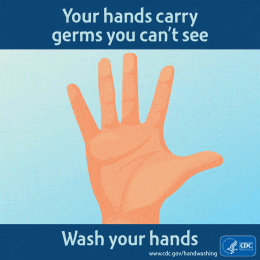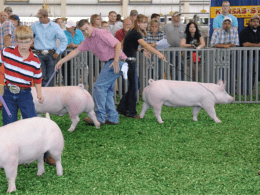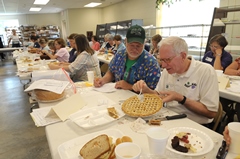
Fair season is almost here! Here are some reminders from the Kansas Department of Agriculture for serving food safely in licensed food stands.
- Food prepared in private homes may not be used or offered.
- All equipment needed for the intended operation must be on hand.
- Food contact surfaces must be protected from contamination by consumers.
- There must be separate areas for taking money and preparing food.
- Dishwashing must include washing, rinsing and sanitizing equipment.
- A handwashing facility must be available with hot/warm water, soap, and paper towels.
- Only one raw, potentially hazardous food that requires onsite preparation or cooking can be made or served.
For 4-H food stands, see https://bookstore.ksre.ksu.edu/pubs/MF3472.pdf
For more information, go to www.ksre.k-state.edu/foodsafety/topics/4h.html.


